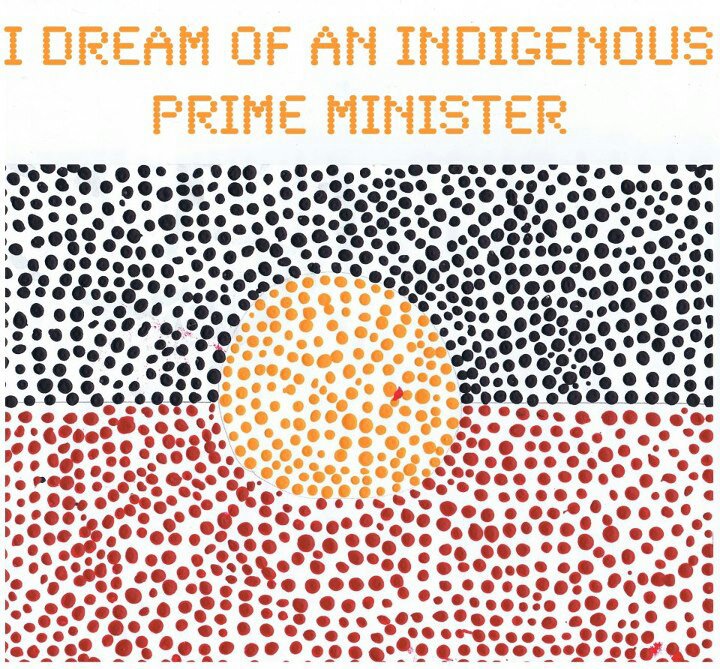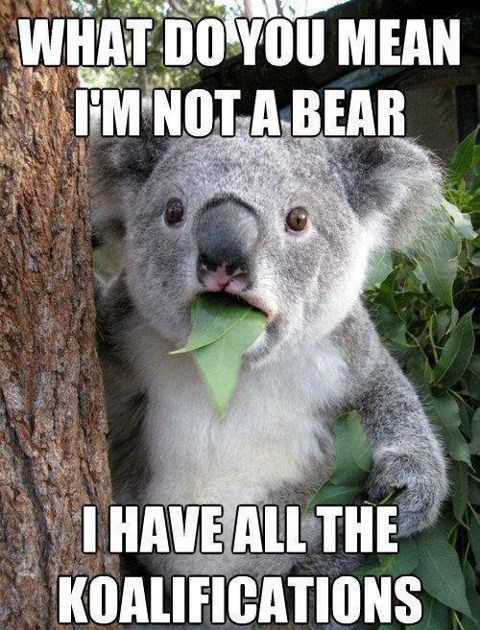My first stuffed toy as a child in Nairobi was a koala bear and I’ve been besotted with them ever since. So you can imagine that I was captivated by this meme where the koala realises that she’s not a bear but a marsupial. To draw a very long bow, I think her puzzlement captures the experience of so many visibly different migrants in settler societies who believe they are part of a nation and then find that they aren’t, whether it’s because their qualifications aren’t recognised which leads them to be unemployed or under-employed or they begin to realise that their skin colour doesn’t lend them to being neatly absorbed into the imagined community on national days of celebration. So here I am in Australia, not as a nine year old (when my family were looking to migrate from Nairobi) but as an adult in mid-career, here to live and work. Joining a multitude of other New Zealanders (the most common country of birth of Australian residents outside of Australia is the United Kingdom followed by New Zealand, you’ll find other interesting nuggets on cultural diversity on Esther Hougenhout‘s blogpiece) who’ve also crossed the ditch. I’ve visited Australia for conferences and to visit my partner’s family, but it’s been over twenty years since I lived somewhere other than Aotearoa. In my work and community life I’ve carefully considered how migrants engage with settler institutions and their relationships with indigenous communities, but I am having a powerful opportunity to examine my own complicity in forms of oppression (in the context of another settler society) as Harsha Walia so powerfully puts it in a video on anti-oppression, decolonization, and being a responsible ally.
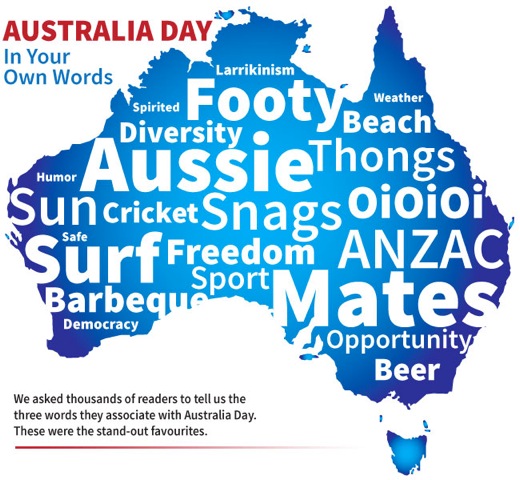
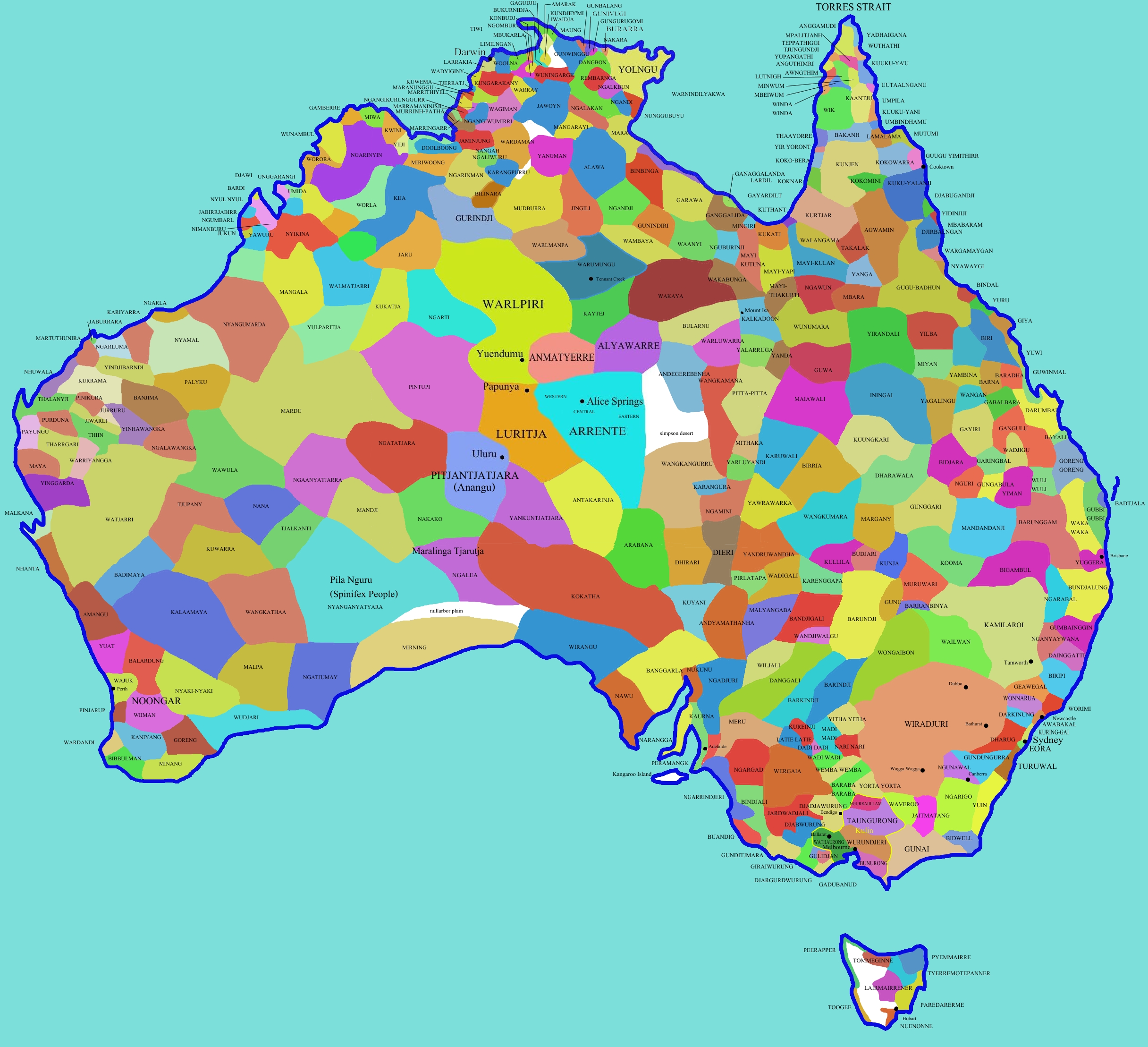
We’ve arrived in time for Australia day which commemorates the 225th anniversary of the arrival of the First Fleet in Sydney Cove, New South Wales in 1788, when British sovereignty was also proclaimed over the eastern seaboard of Australia. It’s a day of festivals, concerts, citizenship ceremonies and acknowledgements of the contributions Australians have made with the recipients of honours and Australian of the year announced. Entrepreneur and electrical retailer Dick Smith even got into the jingoistic spirit with his casually racist advertisement for Aussie foodstuffs, beautifully critiqued by Sunili. I’m not sure if the stones that hit both our heads as we were walking along the Nepean highway to look at housing options were an important Australia day cultural tradition for young blokes in fast cars (I’d like to know how their aim was so brilliantly accurate). Nevertheless fervent nationalism is everywhere, cars and houses are adorned with Australian flags and there is an exacerbation in bogan behaviour as comedians Aamer Rahman from Fear of a Brown Planet and Robert Foster/Kenneth Oathcarn observe.
S Peter Davis who made a YouTube video Straya Day, notes that
as January 26 rolls around, you begin to see cars on the road with little Australian flags poking out the windows like a diplomatic cavalcade. In what is usually a pretty tolerant and multicultural nation, this is one day of the year when folks start casting suspicious and slightly disapproving glances toward brown people. Anti-immigrant slogans like “We grew here, you flew here,” and the somewhat more direct “Fuck off we’re full” begin to make the rounds. Understand, it’s the minority of people, and Australia does not hold the patent on racism. But when you combine this with a cocktail of youth, alcohol and barbecue…parts of the country just explode in a shower of beer, singlets and thongs.
Or not as the pictures below reveal.
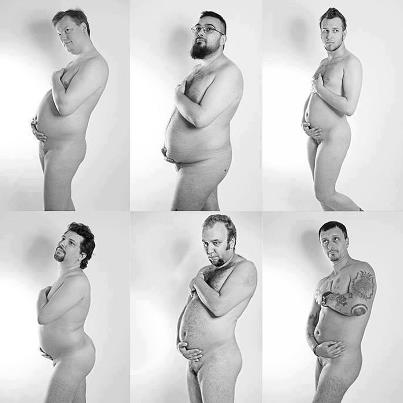
This day of barbecues and beer is also called Invasion or Survival day. It represents “an undercurrent of division and inequality that belies the happy, egalitarian culture that the day is meant to convey, “a day of mourning for the land that was taken and the ensuing two centuries of social alienation and discrimination” as Robin Tennant-Wood puts it. There are also Survival Day celebrations like the 2013 Share The Spirit Festival featuring Indigenous music, dance and culture. Numerous Invasion day marches have also taken place across Australia.
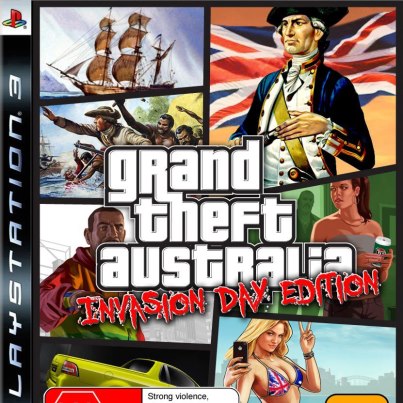
Hip hop artists Reverse Polarities recent release “Invasion Day” acknowledges the historical and continuing injustices faced by Indigenous Australians and pushes for Australians to understand their history rather than being immobilised by guilt (white Australians) or innocence (visibly different new Australians):
Many Australians feel guilt for the actions their white predesessors and claim non- involvement due to being new Australians. We must be active in our understanding of history. The past is not ours to change, but the future can be shaped.
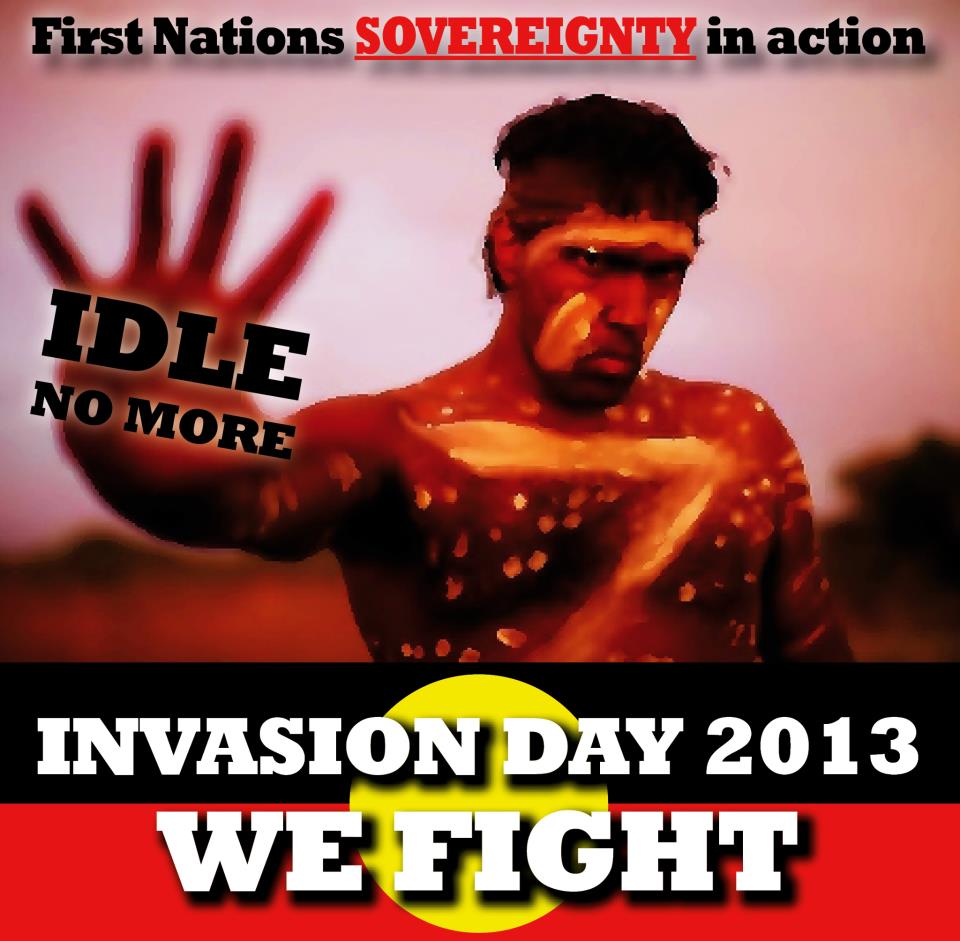
Peter Gebhardt a poet, retired County Court judge and former principal asks for accountability and reckoning with the history of genocide “What might an Aboriginal person say of Australia Day? Why should the Aborigines celebrate that day?” He adds:
It was the day that marked the theft of a land (terra nullius), the day that marked the theft and abduction of a people, of a culture, the day that initiated the pathways to the Stolen Children and, to our ultimate shame, the deaths in custody. It is a day that stands as a reminder of massacres. The wind-stench of bodies burned in bonfires hangs heavy upon the nation’s conscience and in the clouds…You can shuttle history, but you cannot shuttle facts. It would be a great Australia Day if it faced honesty, historical facts, abandonment, hypocrisy, shelved superiority and embarked upon an exercise of spiritual empathy rather than religious hubris.
A point supported by Tristan Ewins, who calls for celebration and critique of this national day:
There is a problem, here, in that there is still no formal resolution: comprehensively righting the injustices suffered by indigenous people. Without the closure provided by a just, representative and inclusive Treaty between the modern Australian nation and our indigenous peoples, it is hard to imagine a fully inclusive celebration of the Australian nation. Perhaps in the future – should such a resolution be achieved – then maybe this could become the focus of a new ‘national day’ for all Australians.
The desire for redress and accountability has a long way to go to being realised, but small steps toward reconciliation are evident. This year for the first time both the Aboriginal and Australian flags were simultaneously hoisted on the Sydney Harbour Bridge.
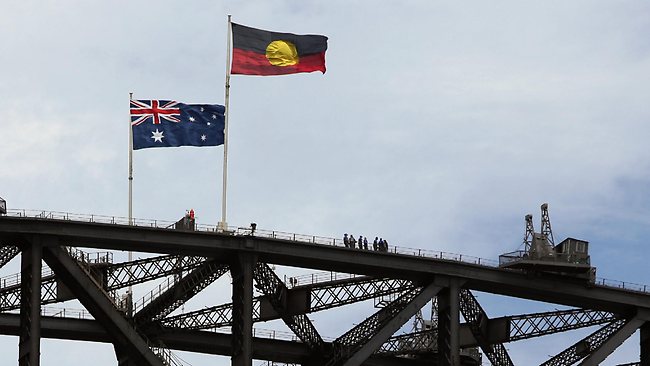
Apparently, more than 17,000 people from 145 countries took the citizenship pledge to become Australians on January 26th. Without any sense of irony whatsoever, Tony Abbott Leader of the Opposition told an Australia Day breakfast and citizenship ceremony in Adelaide that change should be welcomed “when it’s in accordance with the customs and traditions of our people” and he added that new citizens were “changing the country for the better”.
Being a new arrival in Australia myself has been interesting, there are many similarities with New Zealand. The neoliberal multicultural success stories of refugees and migrants loom large both in media and in private conversations. Take Akram Azimi, Young Australian of the Year 2013 who arrived in Australia 13 years ago from Afghanistan and went from being ‘an ostracised refugee kid with no prospects’ to becoming his school’s head boy. Or diasporic Maori, Frank (name changed) who repeatedly called himself and other Maori “niggers”in front of his car salesman colleagues. He told me that his wife wanted to return home six months into their stint here and he insisted they “tough it out”, he quipped “things are fine if you just work hard”. He’s taught his children important aspects of Te Ao Maori and has disdain for the various groups that have formed stating that “if you want to learn about your culture you should go home to do it”. Rauf Soulio (chair of the Australian Multicultural Council and a judge of the District Court of South Australia) peppers an opinion piece with words and phrases like “enterprise”, “courage and commitment” and talks about people who “strove to build new and prosperous lives”. Extolling a neoliberal narrative combined with a commitment to reconciliation:
It is one of the hallmarks of our multiculturalism that we work hard to ensure that those who come here have every opportunity to become fully participating members of Australian society, rather than remaining guests or temporary visitors. It doesn’t matter that you don’t have Australian lineage or ancestry when you arrive – as long as you contribute.
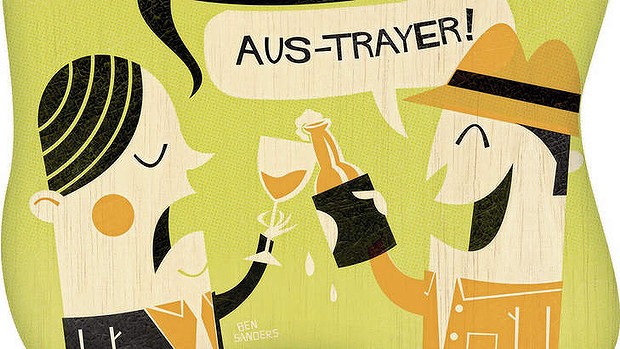
Yup, I’m here to work and become a “fully participating member” of Australian society, and to that end have also been consuming multiculturalism with relish and delight. I am blissfully happy at being able to access ingredients and cuisines that are difficult to find in Aotearoa. But consumption aside, I do want to find a way to engage ethically with this place. Shakira Hussein‘s incisive critique of Scott Morrison’s speech at the Menzies Centre for Australian Studies in London brilliantly skewers Morrison’s selective consumption of multiculturalism:
Morrison doesn’t spell out which aspects of “diversity” would be considered acceptable under a more balanced post-multicultural regime, but I’m guessing he subscribes to the consensus view that multiculturalism has had a beneficial effect on the Australian diet. (Sharia tribunals? No thanks. Homous and baklava? More, please.) Even those most ardent racists participate in the multiculturalism of consumption. But while enjoying our pizza and laksa, we need to “send a message” that such tolerance “is not a licence for cultural practices that are offensive to the cultural values and laws of Australia and that our respect for diversity does not licence: the primacy of the English language”.
His comments come just in time for Geert Wilder’s visit to Australia next month. See Deborah Kelly’s kit below.
I was in Sydney almost seven months ago when I caught up with a friend of the family who asked me why I hate white people. I had to explain to him that my work is about critiquing white hegemony and that is a different thing. Critiquing hegemony and racism and advocating for indigenous rights is viewed decidedly un-Australian, as effectively parodied by Don Watson:
We’re pragmatists. It comes with being Australian that we don’t upset ourselves about things of no practical consequence. Of course, for some people the wine’s always corked. You’ll hear them from Ballarat to Bali, running the country down. Fair dinkum, you want to deck the bastards sometimes. But, as I said, we don’t upset ourselves. Poor things, they can’t think of the foundation of the country without thinking of the people it was taken from. They can’t think of dear old decent Arthur Phillip without thinking of the time he sent out men with bags to collect half a dozen Aboriginal heads. Nothing in the manifold benefits of British rule, British institutions, British customs and British capital cheers them up or excites a little gratitude.
Remind them of the nation’s progress, show them how human health and happiness have in general flourished here, and in return you’ll get the vale of tears it has been for the Aborigines, or the grave injustices to women, or the treatment of refugees arriving on boats: as if because some people got the rough end of the pineapple we are all supposed to be abraded by it.
Michel Foucault the French philosopher said that the point of “a critique is not a matter of saying that things are not right as they are. It is a matter of pointing out on what kinds of assumptions, what kinds of familiar, unchallenged, unconsidered modes of thought the practices we accept rest”. For me, as an academic with a commitment to social justice, blindly supporting the status quo is not an option. I know that I have a long journey of learning and unlearning ahead of me, without the reassurance of state sanctioned biculturalism or a biculturalism grounded in treasured processes and relationships in Aotearoa that have inflected my adult life. But this grounding from the place I’ve called home for most of my life will be fundamental to examining my complicity in the maintenance of oppression, my understanding of the multicultural project and to forging my own rather than received understandings of indigineity here in Australia. Luckily there are many who’ve already walked this path. Between their wisdom and those of my global intellectual and political community I think I am koalified to undertake this next adventure.
